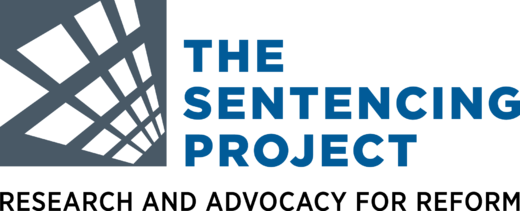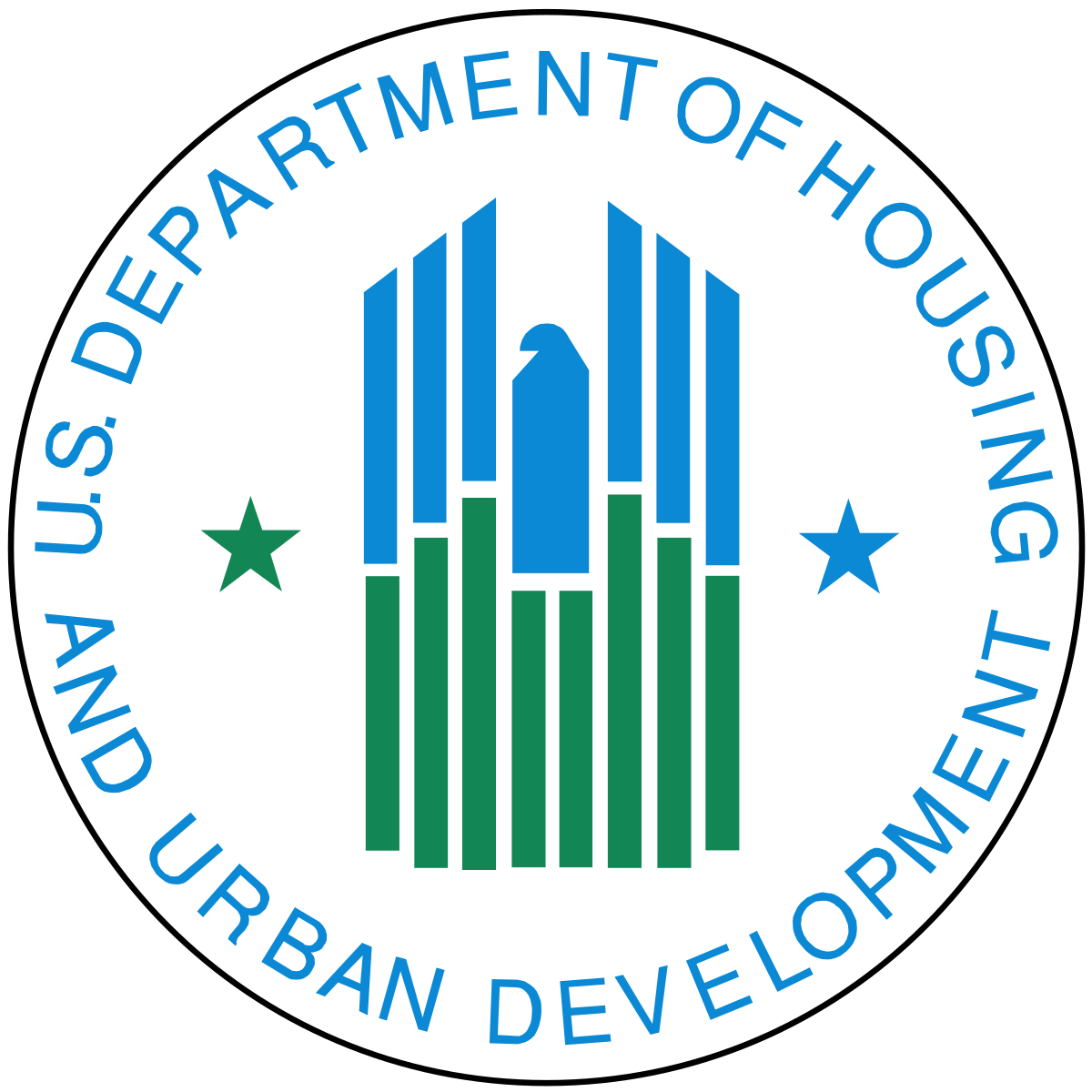Quality Improvement Center on Engaging Youth in Finding Permanency QIC NOW READ MORE
Author Archives: Jamar Little

Child Opportunity Index (COI)
Neighborhoods matter. Children who live in neighborhoods with quality schools, safe housing, access to healthy food, parks, clean air and economic opportunities air are more likely to grow into healthy, productive adults than children who do not have access to … Read More

Primary Care Interventions to Prevent Child Maltreatment
Evidence Report and Systematic Review for the US Preventive Services Task Force Introduction Child maltreatment—abuse and neglect in childhood—can result in serious negative physical, psychological, and behavioral consequences that can span a life course and have potential effects on subsequent … Read More

America’s Growing Movement to Divert Youth Out of the Justice System
After decades of neglect, the youth justice field is awakening to the importance of diversion in lieu of arrest and formal court processing for many or most youth accused of delinquent behavior. Even amid rising concerns over youth crime nationwide, … Read More

Housing Needs of Survivors of Human Trafficking Study
Introduction The Violence Against Women Act (VAWA), first passed in 1994 and most recently reauthorized in 2022, encompasses a range of federal responses to the issues of domestic violence, dating violence, sexual assault, and stalking. VAWA established sentencing standards, victim … Read More

Foster Care History,Profiles of Adolescence,and Educational Attainment
Introduction High school completion and post-secondary enrollment are taken for granted by most K-12 students andtheir parents in the United States (Lippman et al. 2008; Pew Research Center 2011), but research points tosignificant educational disadvantages among youth with foster care … Read More

How Can You Not Drive? YOU CAN! DRIVE!
Introduction Few youths with foster care experience acquire a driver’s license given the absence of dedicated caregivers able to provide the resources to learn to drive. Lacking a driver’s license leaves these youths dependent on public transportation or friends who … Read More

Supporting Foster Youth and Their Family Connections: Policy and Practice Recommendations
In this study, a research team from UCLA learned directly from the youngest generation of foster youth transitioning into adulthood about the issues facing them personally and in relation to their family connections. We heard about issues that impacted them … Read More

Leveraging Cross-Program Data to Modernize Outreach & Enrollment in SNAP & Connected Benefits
Across the human services sector, a variety of data sharing models support state and local benefits access interventions and increasingly catalyzes longerterm systems transformation initiatives. Projects funded under the Coordinating SNAP & Nutrition Supports (CSNS) grant program deployed three distinct … Read More

Family Engagement in Systems Change: Use of a New Assessment Tool in Quality Improvement
In 1987, Surgeon General C. Everett Koop’s Report on Children with Special Health Care Needs1 proposed a series of action steps toward achieving “comprehensive, coordinated, family-centered, community-based services for children with special needs and their families.” The action steps stressed the … Read More

